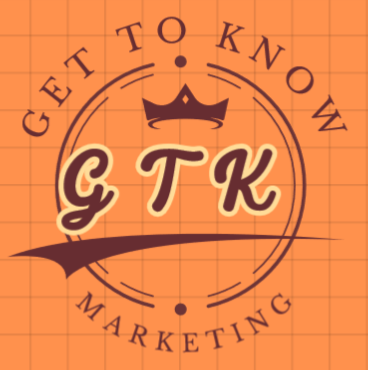Artificial intelligence (AI) is transforming the healthcare industry, particularly within hospital settings. From enhancing diagnostic accuracy to optimizing administrative workflows, AI tools are driving significant improvements in patient care and operational efficiency. Here, we explore ten of the best AI tools and services currently being utilized in hospitals, along with practical use case examples.
1. IBM Watson Health
Overview: IBM Watson Health offers AI-powered tools for clinical decision support, patient engagement, and population health management.
Use Case: At a leading cancer treatment center, IBM Watson Health helps oncologists by analyzing patient data and medical literature to recommend personalized treatment plans. This has resulted in improved treatment accuracy and patient outcomes.
2. PathAI
Overview: PathAI uses machine learning to assist pathologists in making accurate diagnoses from pathology slides.
Use Case: In a major hospital’s pathology department, PathAI’s tools are used to analyze biopsy samples for cancerous cells, significantly reducing diagnostic errors and enabling quicker, more accurate treatment decisions.
3. Aidoc
Overview: Aidoc provides AI-powered medical imaging solutions to help radiologists detect abnormalities in CT scans.
Use Case: At a busy urban hospital, Aidoc’s AI scans incoming CT images for signs of stroke, allowing radiologists to prioritize urgent cases and expedite critical care.
4. Zebra Medical Vision
Overview: Zebra Medical Vision develops AI algorithms for reading medical imaging scans to detect various conditions.
Use Case: A regional hospital uses Zebra Medical Vision’s AI to screen chest X-rays for signs of tuberculosis, enabling early detection and treatment in a high-risk population.
5. Viz.ai
Overview: Viz.ai uses AI to identify strokes and other time-sensitive medical conditions in CT scans.
Use Case: In an emergency department, Viz.ai alerts neurologists of potential strokes within minutes, allowing for rapid intervention and significantly improving patient outcomes.
6. Health Catalyst
Overview: Health Catalyst provides AI and analytics tools to improve clinical, financial, and operational outcomes.
Use Case: A large healthcare system employs Health Catalyst’s platform to analyze patient data across multiple hospitals, identifying trends and improving care coordination for chronic disease management.
7. Arterys
Overview: Arterys offers cloud-based AI tools for advanced medical imaging, including cardiac MRI and CT scans.
Use Case: At a cardiology center, Arterys’ AI assists in analyzing cardiac MRIs, providing precise measurements of heart function and structure, leading to more accurate diagnoses and treatment plans.
8. Tempus
Overview: Tempus utilizes AI to analyze clinical and molecular data to personalize cancer treatment.
Use Case: An oncology clinic uses Tempus’ genomic sequencing and data analytics to tailor cancer treatments to individual patients’ genetic profiles, improving treatment efficacy and patient survival rates.
9. Qventus
Overview: Qventus is an AI-powered platform designed to optimize hospital operations, including patient flow and emergency department management.
Use Case: A large hospital network uses Qventus to predict patient discharge times, streamline bed management, and reduce bottlenecks in the emergency department, enhancing overall operational efficiency.
10. Olive
Overview: Olive is an AI and RPA tool to streamline administrative tasks in hospitals.
Use Case: A community hospital uses Olive to automate insurance eligibility checks and prior authorizations, reducing administrative workload and freeing up staff to focus on patient care.
Conclusion
The integration of AI in hospitals is proving to be a game-changer, enhancing both clinical and administrative functions. These ten AI tools and services demonstrate the potential of AI to improve diagnostic accuracy, streamline operations, and ultimately deliver better patient care. As AI technology continues to evolve, its impact on the healthcare industry is expected to grow even further, leading to more innovative solutions and improved healthcare outcomes.
